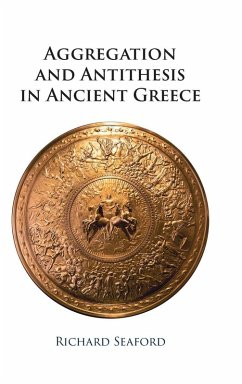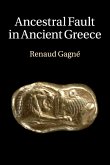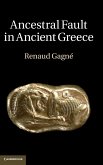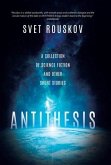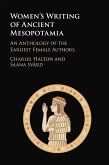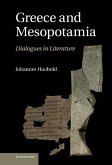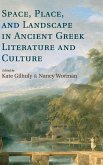What is the relationship between forms of thought in literature, philosophy and visual art in ancient Greece, and how are these forms related to their socio-political and economic context? This is the question raised by Richard Seaford in his final book. His answer is framed in terms of the relationship between aggregation and antithesis. In Greece between the eight and fourth centuries BCE, Seaford traces a progressive and complex shift from aggregation to antithesis in literature, philosophy and visual art, and correlates this with the shift from a pre-monetary and pre-polis society to a monetised polis. In the Platonic metaphysics of being, he identifies a further move, the negation of antithesis, which he links with the non-circulating possession of money. In this characteristically ambitious and challenging study, Richard Seaford extends his socio-economic analysis of Greek culture to visual art and includes contrasts with Near Eastern society and art.
Bitte wählen Sie Ihr Anliegen aus.
Rechnungen
Retourenschein anfordern
Bestellstatus
Storno

